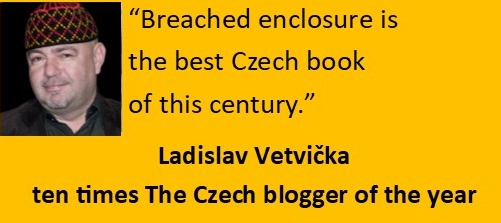Answer to a question about the church dispute in Moldova:
“I am not familiar with the details of the church dispute there, but the very concept of a sovereign nation state necessarily implies that the state cannot allow other large and powerful organisations to operate on its territory without any control. In essence, the whole history of Europe is a struggle against the papacy for the sovereignty of nation states.
The chilling example of the Czech Republic, where Soros-backed power structures and bodies financed by other governments not only operate freely but have gradually taken over a large part of political power, shows what the opposite can lead to. It is quite logical that the Czech Republic has concluded a kind of occupation agreement with the Vatican, which allows Vatican representatives to ignore national laws and even obliges the government to finance their activities. We are thus turning from an independent state into a territory where various supranational structures collide.
The Moldovan government is right to insist on its sovereignty over the churches. We may not like the current government, but the principle will be useful in the future.
But isn’t this a threat to civil liberties? I’m afraid we’re running into a very common, but completely false, view that the tension between the state and the church promotes freedom (because neither the state nor the church had absolute power). In reality, however, we cannot speak of freedom during this period of division of power. Despite the division of power, people were killed, tortured, burned at the stake, sold into slavery, thrown into serfdom and had no one to defend them. It was only when the nation state became the absolute and unrestricted ruler that citizens began to gain more freedom.


